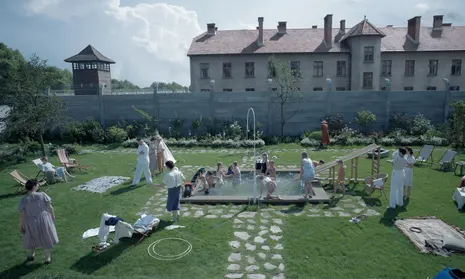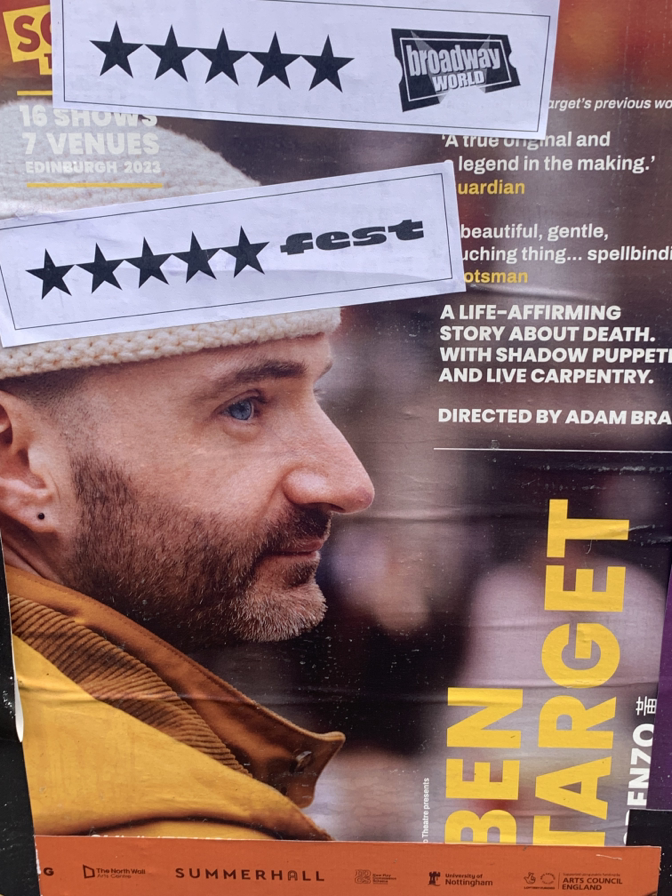
Baby Reindeer has been receiving some great reviews, and I am going to add to that body of opinion.
It was written by, and stars, Richard Gadd but with a supreme supporting performance by Jessica Gunning as Gadd’s stalker Martha. In the stage shows, which provided the inspiration for this 7 part Netflix series, Gadd makes it crystal clear that it is an autobiographical story, in the TV adaptation this is less apparent. But it is all true
We saw the Edinburgh Festival Fringe productions of Monkey See Monkey Do in 2017, at Summerhall, and Baby Reindeer in 2019, also at Summerhall but in the Roundabout.
My wife is not always the most likely to join a standing ovation at a theatre show but at Monkey SeeMonkey do she was the first on their feet. I gave both productions five stars and this nearly gets the same, apart from the fact that Gadd as a stage performer, telling his life story, is arguably better than Gadd as an actor playing a character, based on him, but actually is him, Donny Dunn. This subtle change takes some of the edge off his performance and requires him to act rather than perform. They are different things. I’m niggling though.
A big difference is that the stage shows were both one man monologues, albeit with AV back up, whereas he is graced with a supporting cast here, not least the miraculous performance by his stalker Martha who inhabits this sweet-as-sugar character with a dangerous she-devil interior that only raises its head when she’s not getting her way, and her way would be to own and ravish Gadd.
Gadd’s second nemesis is the theatre impresario Darrien played impeccably by Tom Goodman-Hill who subjects Gadd to massive trauma and was the main antagonist in Monkey See Monkey Do.
The combination of Darrien and Martha, and their collective trauma, create a stultifying inability for Gadd to do anything about his situation. His pathetic attempts at stand up comedy make any positive interest, from anyone, yes anyone, appealing at a subconscious level to Gadd and that may be why he rolls with the punches for so long against enemies that seem, to the viewer, so obviously easy to unlock himself from – but this is the way poor mental health and low self esteem can manifest themselves.
Whilst most of us could easily disassociate ourselves with these two monsters Gadd simply cannot and finds himself descending into blacker and blacker territory.
His only escape is through the fourth key character, the Mexican trans-actress Nava Mau, who plays Gadd’s sort of girlfriend, although it’s not easy. Gadd’s sexuality is so confused that he simply doesn’t know what he’s looking for and it makes for a pretty challenging relationship.
It’s billed as a black comedy and there are comedic moments, and yes, Gadd, is a professional comedian. But don’t come to this looking for laughs. It’s a profound, original and true exploration of the stultifying impacts of poor mental health and it’s performed with sensitivity and great skill.
Surely the year will end up with this on all the top ten lists, in much the same way that “I May Destroy You” did.
It’s quite simply brilliant.























